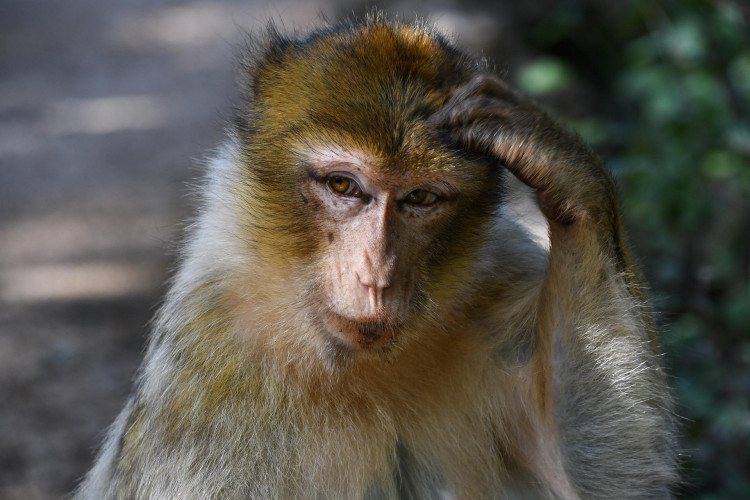Moderna Inc.'s COVID-19 vaccine candidate protected from the virus in a trial that immunized 16 monkeys, a great stepping stone to human defense against the pandemic.
Moderna disclosed in results released Tuesday in the New England Journal of Medicine that two doses of the vaccine shielded against severe exposure to the disease at two separate dosing rates. The primates showed no signs of developing an enhanced illness, an issue that has usually been linked with vaccines.
The U.S. biotech firm's treatment generated a strong immune response and kept the coronavirus from replicating in the lungs and noses of the primates, the journal findings showed. The fact that the vaccine stopped the virus from reproducing in the nose is viewed as particularly important in disallowing it from spreading to others.
The vaccine appeared to be a crucial improvement over the findings of AstraZeneca's coronavirus vaccine in a similar trial. While results of the animal research may increase the level of trust in the drug, Moderna has already started administering it in humans as part of a broader and thorough procedure.
In Moderna's study, three groups of eight rhesus macaques were given either a placebo or the actual medication at two different dose levels of 10 micrograms and 100 micrograms. The antibodies generated in the animals were discovered to be at levels higher compared to those found in humans who have recovered from the illness after being infected by the virus.
While the data shows great promise, a large-scale trial is underway for the biotech group that will have 30,000 human subjects. The Phase 3 trial to determine the safety and effectiveness of the vaccine will start producing results in November or December.
The scientists reported that the vaccine likewise triggered the production of a different immune cell called T-cells that may have helped strengthen the body's overall reaction. A critical aspect of concern is that vaccines that are under development could actually backfire by increasing rather than containing the virus.
The vaccine uses messenger RNA, a synthetic type of genetic material taken from the coronavirus whose function is to activate the body's immune system into assault mode. The U.S. government is raising $955 million to help finance the vaccine's development.
Positive results in Moderna's test of 30,000 participants could set the stage for regulatory approval and massive use as early as the end of 2020. Effective treatments are considered crucial to combatting a global health crisis that has claimed the lives of over 655,000 people around the world.





